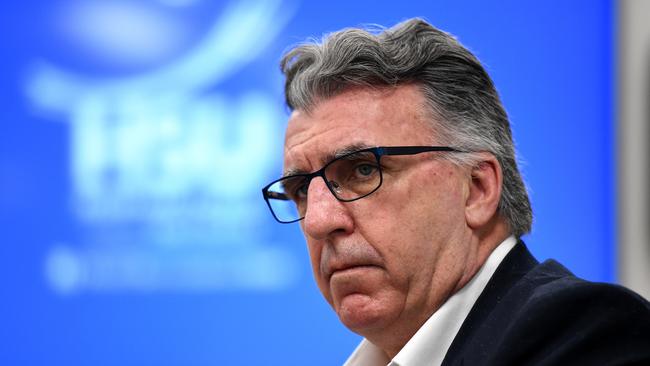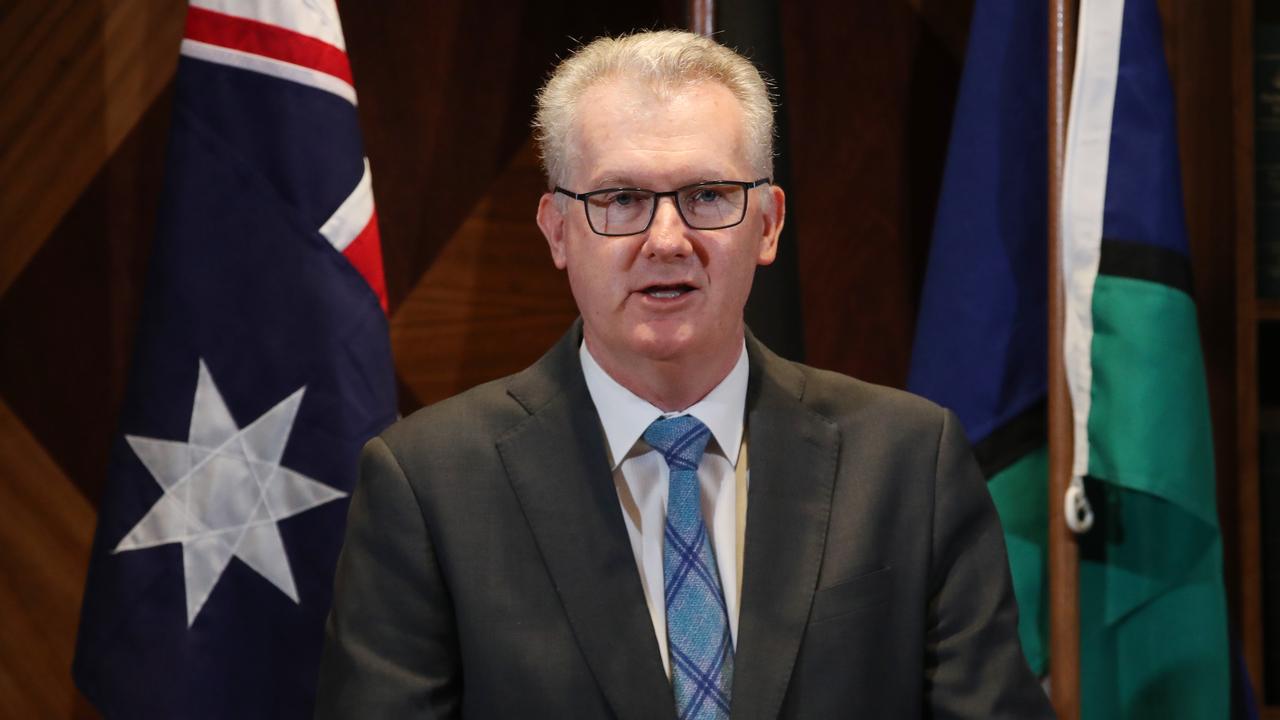Speak up: will you fund aged care pay rises?
Fair Work president Iain Ross calls on the Morrison government to state whether it will fund wage increases for aged-care workers.

The Fair Work Commission has called on the Morrison government to say whether it will fund wage increases for aged care workers as the tribunal considers union claims for a 25 per cent pay rise.
A commission full bench headed by FWC president Iain Ross has sought detailed data from the federal government on aged care funding and the government’s willingness to cover any wage increases awarded in response to the union pay claim.
The Health Services Union estimates the cost of implementing a 25 per cent pay rise for personal care workers in the aged care system over four years in real terms would be $2.2bn.
In a statement, the commission put a series of questions to the government it wants answered by July 23. The commission asked what percentage wage increase would be covered by existing funding commitments, and whether the government would commit to providing enough funding to meet any wage rise for aged care workers arising out of the case.
If the government’s answer was no, the commission asked what percentage wage increase the government would commit to funding. The commission said the government “presently bears the primary burden of funding aged care”. “Wages and wage growth are by far the most significant drivers of input costs for approved providers of residential care,” the commission said.
“The commonwealth’s indexation of funding levels for aged care services has not, to date, kept up with input costs for aged care providers, including wages,” it added. “The way the commonwealth funds the aged care sector directly affects how employers negotiate pay and conditions.”
The commission said “the degree to which the commonwealth will provide further funding for the aged care sector, in addition to funding necessary to meet minimum staff requirements, would directly inform the degree to which employers would consider themselves able to meet wage increases of the kind sought by the employee associations”.
Health Services Union national president Gerard Hayes said wages needed to significantly increase if aged care was to “emerge from crisis and deliver decent and reliable care”.
“Aged care cannot continue to rely on the goodwill of underpaid and underemployed women who often stitch multiple casual jobs together to make a living. They need permanent jobs, with full hours and higher wages,” Mr Hayes said.
“The recent edict of mandatory vaccination will only worsen the aged care attraction and retention crisis. (Senior Australians and Aged Care Services Minister) Richard Colbeck hasn’t bothered understanding the needs of the aged care workforce, but he urgently needs to.”
Patricia Sparrow, chief executive of peak body Aged and Community Services Australia, said aged care workers deserved recognition with a pay rise.
“One of the unresolved issues from the federal government’s budget and royal commission response is how to fund better pay for existing aged care workers and adequately resource tripling the aged care workforce by 2050,” Ms Sparrow said.
“To successfully deliver on royal commission recommendations will need increased staff hours, staff training and better pay to retain and grow the workforce. We need federal government funding of aged care to better reflect the cost of providing quality care, including better pay.”
A spokesman for Senator Colbeck said on Monday the government would respond to the commission’s request.
“The government has invested a record $17.7bn in aged care in response to the royal commission,” the spokesman said.
“This includes specific initiatives to support wages, including a bonus for nurses to assist in raising the quality of care.”



